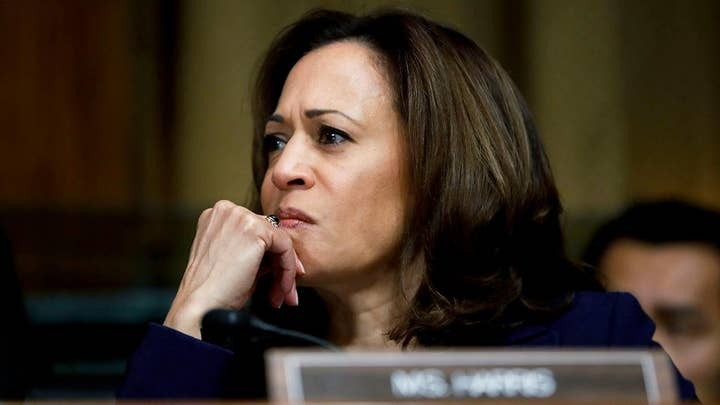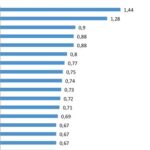Kamala Harris’s 2018 questioning of then-ICE nominee Ronald Vitiello sparked controversy and accusations that she compared ICE to the Ku Klux Klan. This article examines the exchange and the ensuing debate.
Harris’s Line of Questioning
During a Senate confirmation hearing in November 2018, then-Senator Kamala Harris pressed Ronald Vitiello, President Trump’s nominee to lead ICE, about his awareness of public perception regarding the agency. She referenced a 2015 tweet from Vitiello where he likened the Democratic Party to a “neo-Klanist” entity. Vitiello apologized for the tweet, acknowledging its offensive nature.
Harris then asked Vitiello about the historical context that made his words offensive, prompting him to explain the KKK’s history of racially motivated terrorism and use of fear and intimidation. Following this exchange, Harris asked: “Are you aware of the perception of many about how the power and the discretion at ICE is being used to enforce the laws and do you see any parallels?”
Vitiello denied seeing any parallels between ICE and the KKK. He asked Harris to clarify if she was directly equating the two, which she did not explicitly do. She rephrased her question, focusing on whether Vitiello was aware of the perception that ICE’s actions were causing fear and intimidation, particularly among immigrants from Mexico and Central America.
The Controversy and Republican Backlash
Harris’s line of questioning ignited a firestorm of criticism, particularly from Republicans. RNC Chairwoman Ronna McDaniel accused Harris of “disgusting” partisanship and exploiting the comparison for political gain. Many interpreted Harris’s questions as implicitly likening ICE to the KKK, despite her not explicitly stating such a comparison.
Conclusion
The incident remains a point of contention. While Harris’s supporters argue she was merely highlighting public perception and not making a direct comparison, critics maintain her questioning was intentionally inflammatory and implied a link between ICE and the KKK. The debate underscores the highly charged political climate surrounding immigration enforcement in the United States. Whether Harris intended to draw a direct comparison or simply raise concerns about public perception, the incident continues to be debated and scrutinized.

